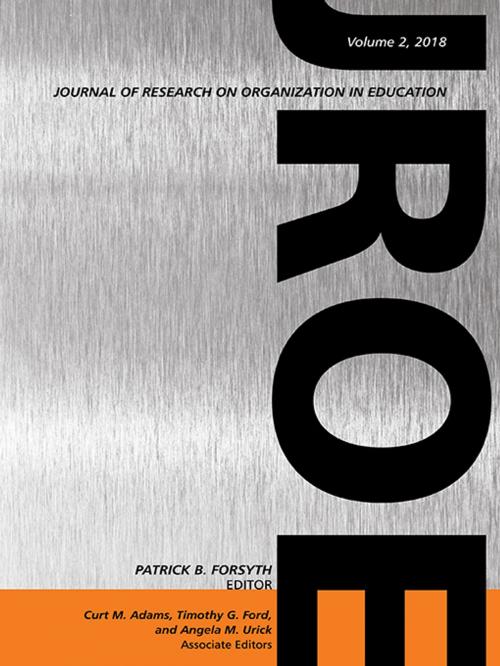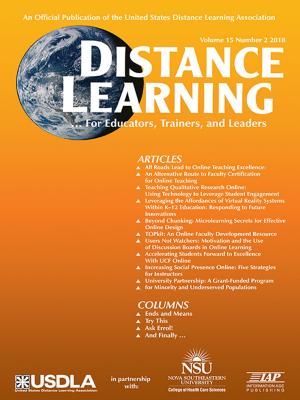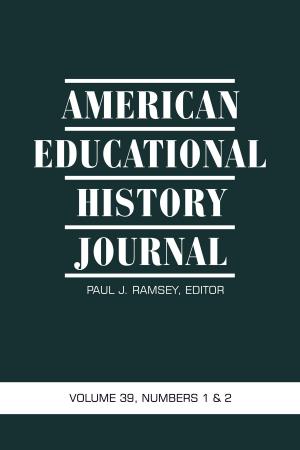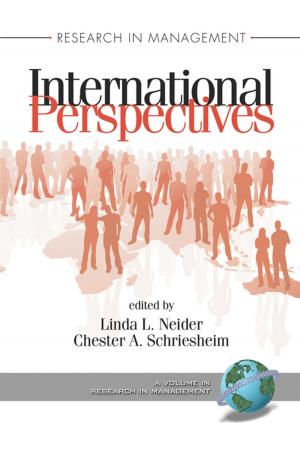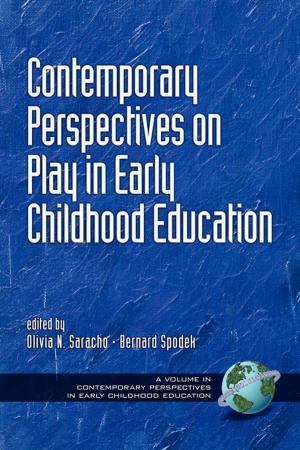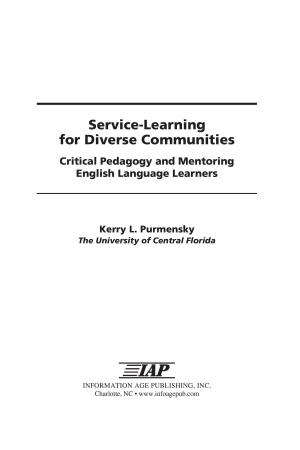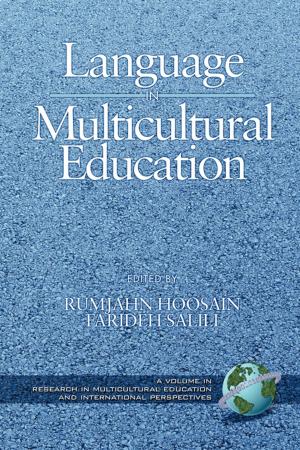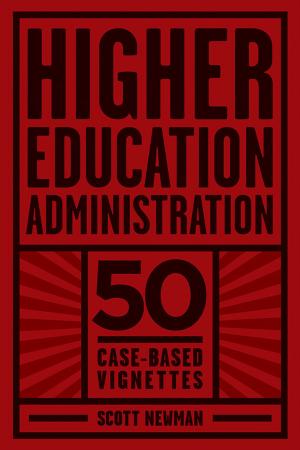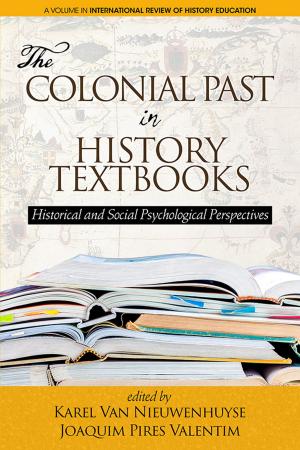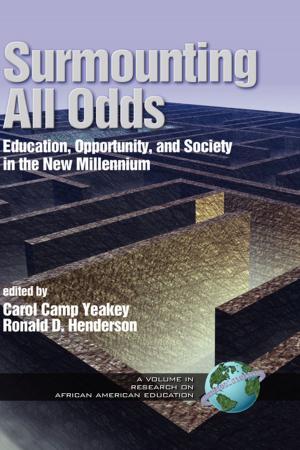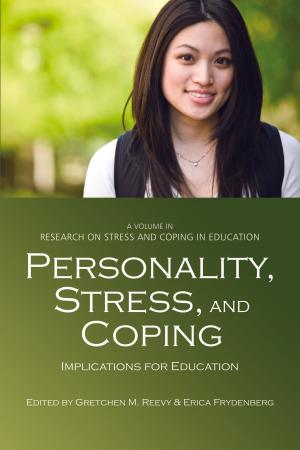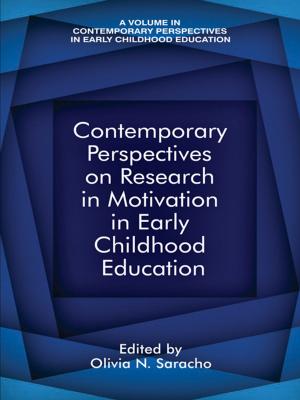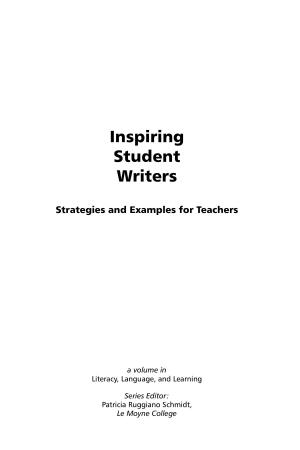Journal of Research on Organization in Education
Volume 2
Nonfiction, Reference & Language, Education & Teaching| Author: | ISBN: | 9781641133999 | |
| Publisher: | Information Age Publishing | Publication: | August 1, 2018 |
| Imprint: | Information Age Publishing | Language: | English |
| Author: | |
| ISBN: | 9781641133999 |
| Publisher: | Information Age Publishing |
| Publication: | August 1, 2018 |
| Imprint: | Information Age Publishing |
| Language: | English |
Journal of Research on Organization in Education (JROE) The JROE represents a new forum for advancing, integrating, and challenging the theory and body of evidence surrounding the organization of education. Committed to scientific empiricism, this journal's editors and editorial board seek to coalesce and vitalize decades of theoretical work and research that holds promise for our understanding and improvement of organizations, especially, but not only, schools. The development and testing of a body of middle-range theory is facilitated by the availability of longitudinal and hierarchical analytical techniques, model-building, and experimental simulation research approaches, all potentially signaling a new era of theoretical possibility. Increasingly, a new generation of researchers studying education organization is prepared to exploit the power of these tools. JROE can serve as scaffold for holding more precise empirical evidence and orienting it toward theory-building.
Journal of Research on Organization in Education (JROE) The JROE represents a new forum for advancing, integrating, and challenging the theory and body of evidence surrounding the organization of education. Committed to scientific empiricism, this journal's editors and editorial board seek to coalesce and vitalize decades of theoretical work and research that holds promise for our understanding and improvement of organizations, especially, but not only, schools. The development and testing of a body of middle-range theory is facilitated by the availability of longitudinal and hierarchical analytical techniques, model-building, and experimental simulation research approaches, all potentially signaling a new era of theoretical possibility. Increasingly, a new generation of researchers studying education organization is prepared to exploit the power of these tools. JROE can serve as scaffold for holding more precise empirical evidence and orienting it toward theory-building.
